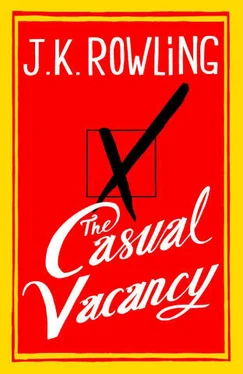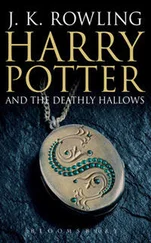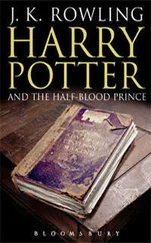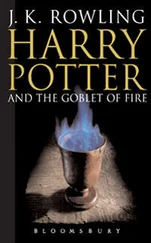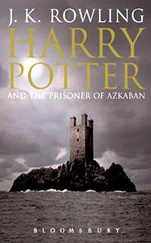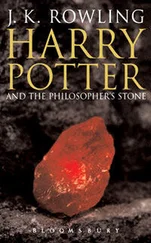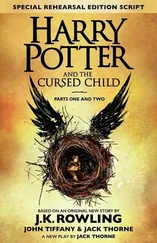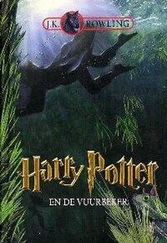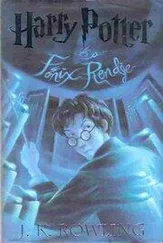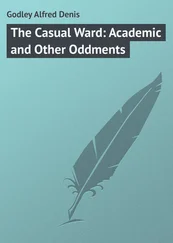Pagford lay below Andrew, slightly hazy in the cool spring sun, the air fresh and tangy. Andrew sensed the point at which Simon’s eyes could no longer follow him; it felt as though pressure had been removed from his back.
Down the hill into Pagford he streaked, not touching the brakes; then he turned into Church Row. Approximately halfway along the street he slowed down and cycled decorously into the drive of the Walls’ house, taking care to avoid Cubby’s car.
‘Hello, Andy,’ said Tessa, opening the front door to him.
‘Hi, Mrs Wall.’
Andrew accepted the convention that Fats’ parents were laughable. Tessa was plump and plain, her hairstyle was odd and her dress sense embarrassing, while Cubby was comically uptight; yet Andrew could not help but suspect that if the Walls had been his parents, he might have been tempted to like them. They were so civilized, so courteous. You never had the feeling, in their house, that the floor might suddenly give way and plunge you into chaos.
Fats was sitting on the bottom stair, putting on his trainers. A packet of loose tobacco was clearly visible, peeking out of the breast pocket of his jacket.
‘Arf.’
‘Fats.’
‘D’you want to leave your father’s bicycle in the garage, Andy?’
‘Yeah, thanks, Mrs Wall.’
(She always, he reflected, said ‘your father’, never ‘your dad’. Andrew knew that Tessa detested Simon; it was one of the things that made him pleased to overlook the horrible shapeless clothes she wore, and the unflattering blunt-cut fringe.
Her antipathy dated from that horrific epoch-making occasion, years and years before, when a six-year-old Fats had come to spend Saturday afternoon at Hilltop House for the first time. Balancing precariously on top of a box in the garage, trying to retrieve a couple of old badminton racquets, the two boys had accidentally knocked down the contents of a rickety shelf.
Andrew remembered the tin of creosote falling, smashing onto the roof of the car and bursting open, and the terror that had engulfed him, and his inability to communicate to his giggling friend what they had brought upon themselves.
Simon had heard the crash. He ran out to the garage and advanced on them with his jaw jutting, making his low, moaning animal noise, before starting to roar threats of dire physical punishment, his fists clenched inches from their small, upturned faces.
Fats had wet himself. A stream of urine had spattered down the inside of his shorts onto the garage floor. Ruth, who had heard the yelling from the kitchen, had run from the house to intervene: ‘No, Si – Si, no – it was an accident.’ Fats was white and shaking; he wanted to go home straight away; he wanted his mum.
Tessa had arrived, and Fats had run to her in his soaking shorts, sobbing. It was the only time in his life that Andrew had seen his father at a loss, backing down. Somehow Tessa had conveyed white-hot fury without raising her voice, without threatening, without hitting. She had written out a cheque and forced it into Simon’s hand, while Ruth said, ‘ No, no, there’s no need, there’s no need .’ Simon had followed her to her car, trying to laugh it all off; but Tessa had given him a look of contempt while loading the still-sobbing Fats into the passenger seat, and slammed the driver’s door in Simon’s smiling face. Andrew had seen his parents’ expressions: Tessa was taking away with her, down the hill into the town, something that usually remained hidden in the house on top of the hill.)
Fats courted Simon these days. Whenever he came up to Hilltop House, he went out of his way to make Simon laugh; and in return, Simon welcomed Fats’ visits, enjoyed his crudest jokes, liked hearing about his antics. Still, when alone with Andrew, Fats concurred wholeheartedly that Simon was a Grade A, 24-carat cunt.
‘I reckon she’s a lezzer,’ said Fats, as they walked past the Old Vicarage, dark in the shadow of the Scots pine, with ivy covering its front.
‘Your mum?’ asked Andrew, barely listening, lost in his own thoughts.
‘What?’ yelped Fats, and Andrew saw that he was genuinely outraged. ‘Fuck off! Sukhvinder Jawanda.’
‘Oh, yeah. Right.’
Andrew laughed, and so, a beat later, did Fats.
The bus into Yarvil was crowded; Andrew and Fats had to sit next to each other, rather than in two double seats, as they preferred. As they passed the end of Hope Street, Andrew glanced along it, but it was deserted. He had not run into Gaia outside school since the afternoon when they had both secured Saturday jobs at the Copper Kettle. The café would open the following weekend; he experienced waves of euphoria every time he thought of it.
‘Si-Pie’s election campaign on track, is it?’ asked Fats, busy making roll-ups. One long leg was stuck out at an angle into the aisle of the bus; people were stepping over it rather than asking him to move. ‘Cubby’s cacking it already, and he’s only making his pamphlet.’
‘Yeah, he’s busy,’ said Andrew, and he bore without flinching a silent eruption of panic in the pit of his stomach.
He thought of his parents at the kitchen table, as they had been, nightly, for the past week; of a box of stupid pamphlets Simon had had printed at work; of the list of talking points Ruth had helped Simon compile, which he used as he made telephone calls, every evening, to every person he knew within the electoral boundary. Simon did all of it with an air of immense effort. He was tightly wound at home, displaying heightened aggression towards his sons; he might have been shouldering a burden that they had shirked. The only topic of conversation at meals was the election, with Simon and Ruth speculating about the forces ranged against Simon. They took it very personally that other candidates were standing for Barry Fairbrother’s old seat, and seemed to assume that Colin Wall and Miles Mollison spent most of their time plotting together, staring up at Hilltop House, focused entirely on defeating the man who lived there.
Andrew checked his pocket again for the folded paper. He had not told Fats what he intended to do. He was afraid that Fats might broadcast it; Andrew was not sure how to impress upon his friend the necessity for absolute secrecy, how to remind Fats that the maniac who had made little boys piss themselves was still alive and well, and living in Andrew’s house.
‘Cubby’s not too worried about Si-Pie,’ said Fats. ‘He thinks the big competition is Miles Mollison.’
‘Yeah,’ said Andrew. He had heard his parents discussing it. Both of them seemed to think that Shirley had betrayed them; that she ought to have forbidden her son from challenging Simon.
‘This is a holy fucking crusade for Cubby, y’know,’ said Fats, rolling a cigarette between forefinger and thumb. ‘He’s picking up the regimental flag for his fallen comrade. Ole Barry Fairbrother.’
He poked strands of tobacco into the end of the roll-up with a match.
‘Miles Mollison’s wife’s got gigantic tits,’ said Fats.
An elderly woman sitting in front of them turned her head to glare at Fats. Andrew began to laugh again.
‘Humungous bouncing jubblies,’ Fats said loudly, into the scowling, crumpled face. ‘Great big juicy double-F mams.’
She turned her red face slowly to face the front of the bus again. Andrew could barely breathe.
They got off the bus in the middle of Yarvil, near the precinct and main pedestrian-only shopping street, and wove their way through the shoppers, smoking Fats’ roll-ups. Andrew had virtually no money left: Howard Mollison’s wages would be very welcome.
The bright-orange sign of the internet café seemed to blaze at Andrew from a distance, beckoning him on. He could not concentrate on what Fats was saying. Are you going to? he kept asking himself. Are you going to?
Читать дальше
